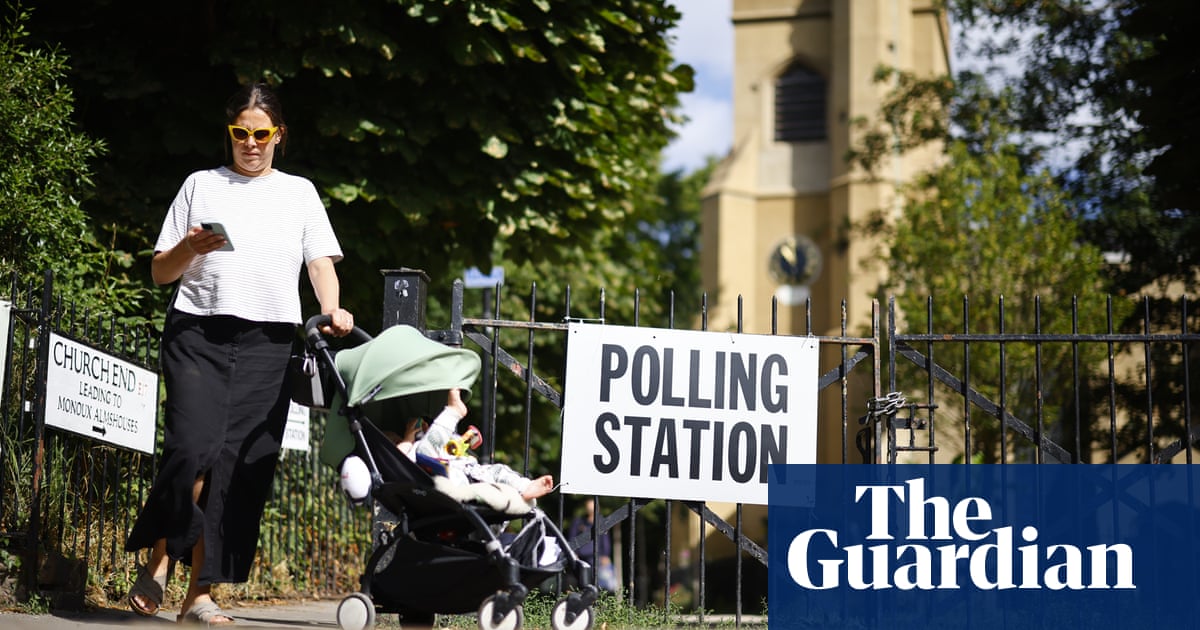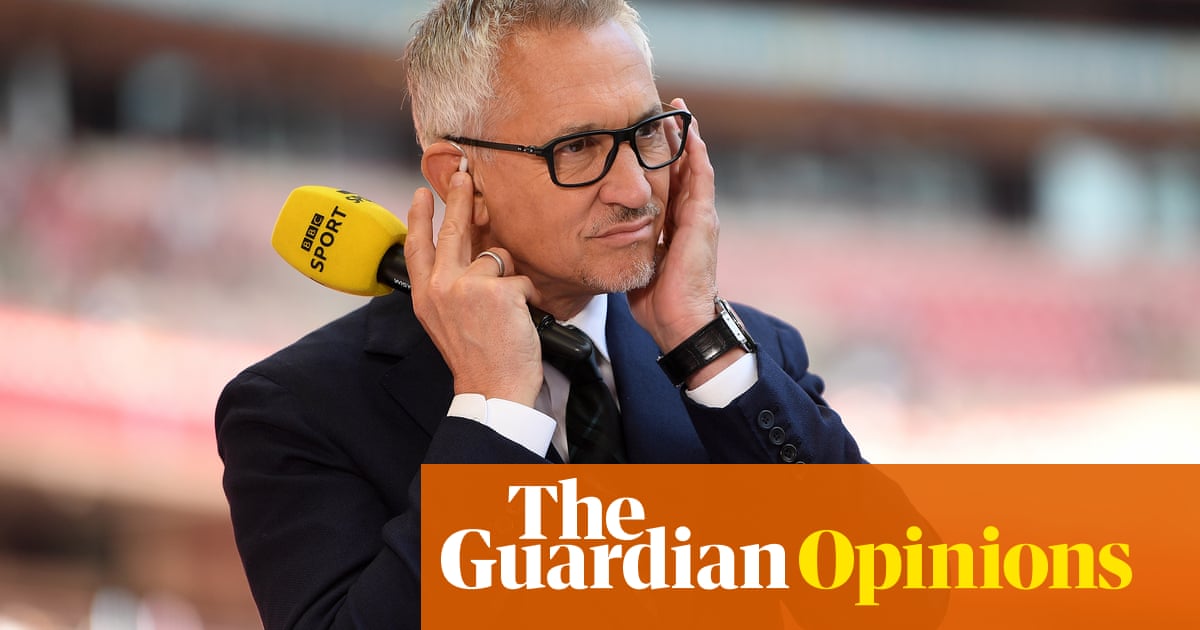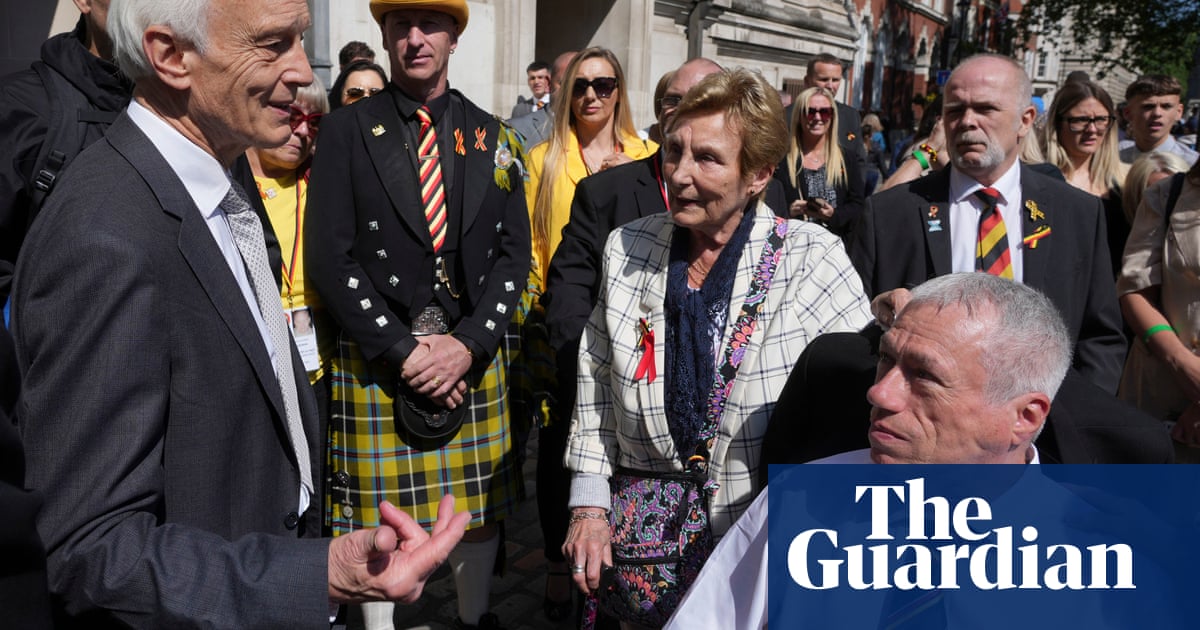
Seven representatives from the UK’s main political parties clashed in a heated – and often chaotic – BBC debate on Friday night. The event took place on the worst day of the Tory campaign so far, after Rishi Sunak apologised for leaving early from an event to commemorate the 80th anniversary of D-day in Normandy early to return to the election campaign trail and record an interview in London.
1. Rishi Sunak was rebuked for his D-day departure – chiefly by Penny Mordaunt
Party representatives – including Mordaunt, the House of Commons leader – rounded on the prime minister for leaving the D-day event early. Mordaunt said what happened was “completely wrong – and the prime minister has rightly apologised for that, apologised to veterans but also to all of us, because he was representing all of us”.
She reminded viewers at home of her defence credentials, saying: “I’m from Portsmouth, I have also been defence secretary and my wish is, at the end of this week, that all of our veterans feel completely treasured.” It signalled that even for the Tories, Sunak’s poor judgment had turned him into a liability in the election campaign.
2. Penny Mordaunt v Angela Rayner could be a taste of things to come
Mordaunt and Rayner’s fiery clashes made for the most interesting viewing – both women are seen as potential future leaders of their parties. Mordaunt took aim at the Labour deputy leader for having voted against renewing the Trident nuclear weapons system in the past and said that Labour’s “credibility is shot”; Rayner said her brother had served in Iraq and that she would “take no lectures” on the subject.
When Rayner reminded viewers that Liz Truss had crashed the economy, Mordaunt said that at least Truss had never opposed nuclear weapons. When Mordaunt accused Labour of supporting uncontrolled migration, Rayner pointed out the government’s failures including the unsuccessful Rwanda deportation scheme. The fact that they were positioned next to each other created a sense of tension.
3. Nigel Farage got to speak at length – but his lines fell flat
Farage’s views on the NHS, immigration and the climate crisis put him at odds with the rest of the six party representatives, and his jibes and one-liners were given a frosty reception from the studio audience. Some audience members were seen shaking their heads when he said this should be an “immigration election”.
Farage’s accusations that Sunak was an “unpatriotic” prime minister and that Keir Starmer – whom he called “Blair without the flair” – was taking orders from Rayner fell flat. Nonetheless, the way he was able to speak at length without being interrupted by the others meant this debate was a useful platform for him to air his views. He appealed to voters to make Reform UK – and not the Conservatives – the official opposition party in parliament.
4. Stephen Flynn was the biggest winner of the night
Politically, the Scottish National party’s Westminster leader, Stephen Flynn, gained the most from the debate. A slick media performer, he took aim at the Conservatives, Labour and the entire Westminster ecosystem, and touted SNP successes without being quizzed at any length about the party’s record in government.
He was applauded by the audience several times including for pointing out that university tuition was free in Scotland, for detailing the benefits of immigration for public services and for denouncing Brexit. “Let me say a few home truths, particularly to some members of this panel,” he said. “Migration is absolutely essential to our public services, our businesses and to our economic growth.
“We need migrants, and this race to the bottom on migration driven by Nigel Farage, followed by the Conservative party and hotly chased by the Labour party, does not serve Scotland’s interests, and it does not serve your interests either, so rise up against it.”
5. The smaller parties got a boost by attacking Labour and the Tories
Besides the SNP and Reform UK, the Liberal Democrats, the Green party and Plaid Cymru all benefited, largely from airing their criticisms of the two-party system. The Green co-leader, Carla Denyer, was warmly applauded for remarking: “Well that was dignified, wasn’t it?” after an extended scrap between Mordaunt and Rayner over tax.
She also got a laugh for saying Starmer had indeed changed the Labour party – “changed them to the Conservatives”. The Plaid Cymru leader, Rhun ap Iorwerth, took several well-received pops at Farage and differentiated his party from Labour in Wales, while the Liberal Democrats’ Daisy Cooper landed several blows against the Tories including by invoking her grandfather’s war service to attack Sunak over D-day (despite, at one point, being reminded of her own party’s broken promise on tuition fees).












